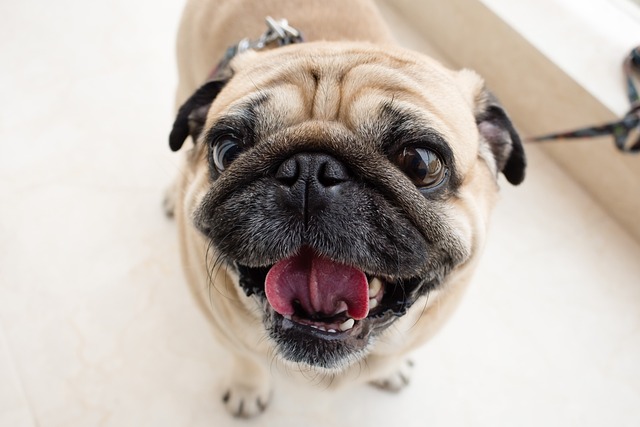
What is glaucoma in a dog?
You might notice your dog squinting more at mealtime or avoiding bright sunlight—these small changes could be early signs of a serious eye condition.
Knowing your dog ate something toxic—like that leftover chocolate from last night’s party or a handful of grapes from the counter—sends panic surging. But acting fast, while staying calm, can make all the difference. First, check what they ingested. Grab the packaging or note the plant type; this info helps vets act quickly, which matters more than any home remedy. In many places, like the UK, delaying professional help for a poisoned pet could even run afoul of animal welfare laws, so don’t skip that call.
Once you’ve phoned the vet, they might advise inducing vomiting—but only if they say it’s safe. Hydrogen peroxide (3%) is sometimes recommended, but never without vet approval. Dosage depends on your dog’s weight, and giving too much can cause more harm. For example, a 20-pound beagle might need a teaspoon, while a 60-pound lab could need three. Always use a syringe to squirt it into the side of their mouth, not force it down.
 After vomiting, offer small sips of water to prevent dehydration, but don’t let them guzzle. Some vets suggest activated charcoal to bind remaining toxins, but again, follow their guidance. Never use it if your dog is already vomiting uncontrollably or struggling to breathe—those are signs to head to the clinic immediately. Keep in mind, certain toxins, like antifreeze or rat poison, need specific antidotes, so home methods alone won’t cut it.
After vomiting, offer small sips of water to prevent dehydration, but don’t let them guzzle. Some vets suggest activated charcoal to bind remaining toxins, but again, follow their guidance. Never use it if your dog is already vomiting uncontrollably or struggling to breathe—those are signs to head to the clinic immediately. Keep in mind, certain toxins, like antifreeze or rat poison, need specific antidotes, so home methods alone won’t cut it.
Monitor their behavior closely. Lethargy, seizures, or unusual drooling are red flags that require urgent care. Even if they seem fine, a vet check-up is wise—some toxins take hours to show effects. In places like California, where strict pet protection laws exist, failing to seek treatment for a poisoned animal could result in fines, so it’s not just about care—it’s about compliance.
Prevention is always better than treatment. Keep cleaning products, medications, and toxic foods (avocados, onions, xylitol) out of reach. Fence off gardens with toxic plants like lilies or oleander. Training your dog to “leave it” can stop them from snatching dangerous items during walks. These steps not only protect your pup but also keep you on the right side of local laws.
When it comes to flushing poison from your dog’s system, home remedies are never a substitute for professional advice. Act quickly, stay informed, and prioritize a vet’s guidance. Your dog’s health—and your peace of mind—depend on it.

You might notice your dog squinting more at mealtime or avoiding bright sunlight—these small changes could be early signs of a serious eye condition.

Let’s set the scene: It’s a sweltering Phoenix afternoon—105°F outside—and you rushed your 2-year-old Lab mix, Cooper, on a quick walk to “get it over with.”

Let’s get real: You’re in your Miami apartment, watching your 3-year-old Corgi, Loki, struggle to climb the stairs to your second-floor unit.

Many dog owners brush off occasional scratching as just “dog behavior,” but persistent itching often signals something more—like a food allergy.

You might first notice your dog scratching more than usual—chewing at their paws until the fur looks thin, or rubbing their face against the couch nonstop.

Let’s be real: You’re standing in your Chicago apartment, watching your 3-year-old Beagle, Max, huff and puff just to climb onto the couch.